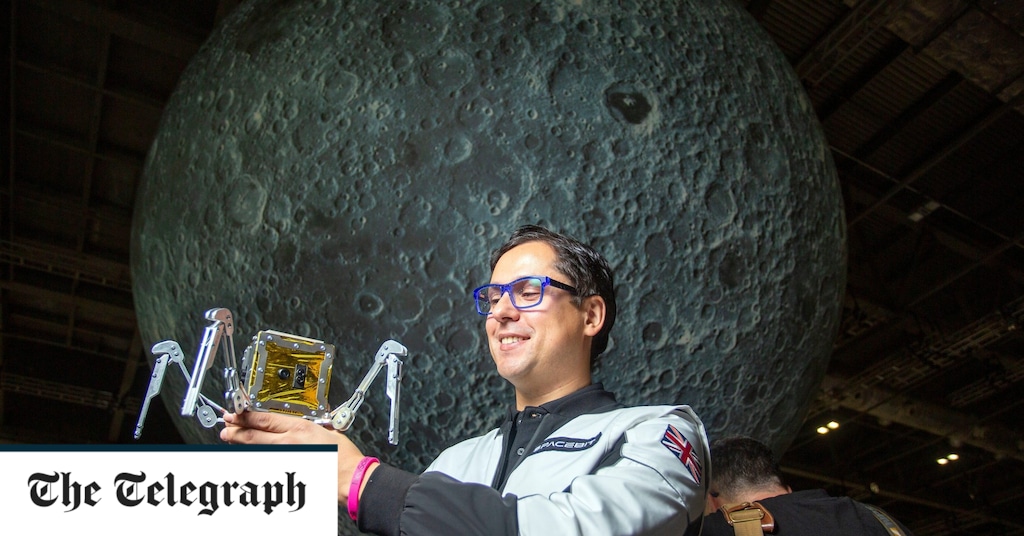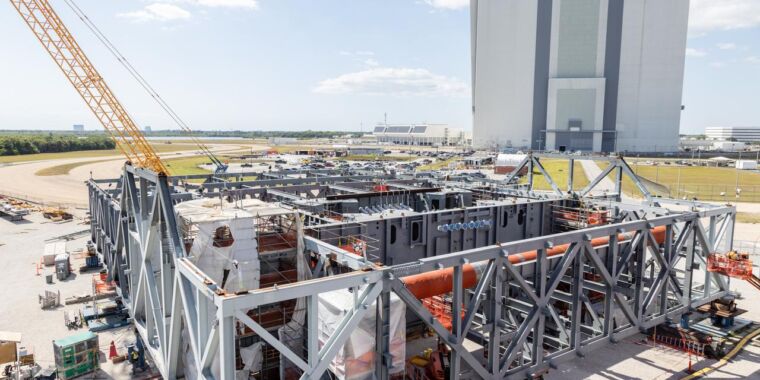Britain will launch an automated “space spider” to the moon in 2021, the first time that a rover has been sent to explore a distant world.
The small probe – called Asagumo – was designed by London robotics expert, Spacebit, and is due to take off on a trip to the surface of the Moon with NASA next summer.
It will be the first time a British rover has gone to the moon, and engineers at Spacebit have chosen legs rather than wheels so that it can forge its way over the rugged terrain, crawling through lava tubes to see if it could be habitable for humans.
Many experts now believe that lava tubes – the tunnel-like chambers in the rocks created by lava rivers billions of years ago – could provide natural refuges, and so are a good place to establish the first colonies.
The moon is a treacherous environment for astronauts, because temperatures can drop below -274 Fahrenheit (-170 degrees Celsius) during the lunar night, bombarding the surface with solar radiation and micro-meteorites.
Although the largest lava tubes on Earth are only about 60 feet wide, they can be on the surface of the moon hundreds of feet wide and can be closed to contain breathing air.
The rock ceiling also provides a ready-made shield against harmful radiation and the temperature inside drops to -4 ° F to -22 ° C (-20 ° C to -30 ° C), so the pipes can be heated to a comfortable level.
A single tube discovered in Marius Hills is at least 1,000 yards wide and could house small towns. There may be a large underground network, since the time of the spread of volcanic activity on the moon.
Spacebit Pavlo Tanasyuk CEO said designing a legged stroller was critical to knowing whether the lava tubes were useful for habitation.

“Analitikas. Kūrėjas. Zombių fanatikas. Aistringas kelionių narkomanas. Popkultūros ekspertas. Alkoholio gerbėjas”.







